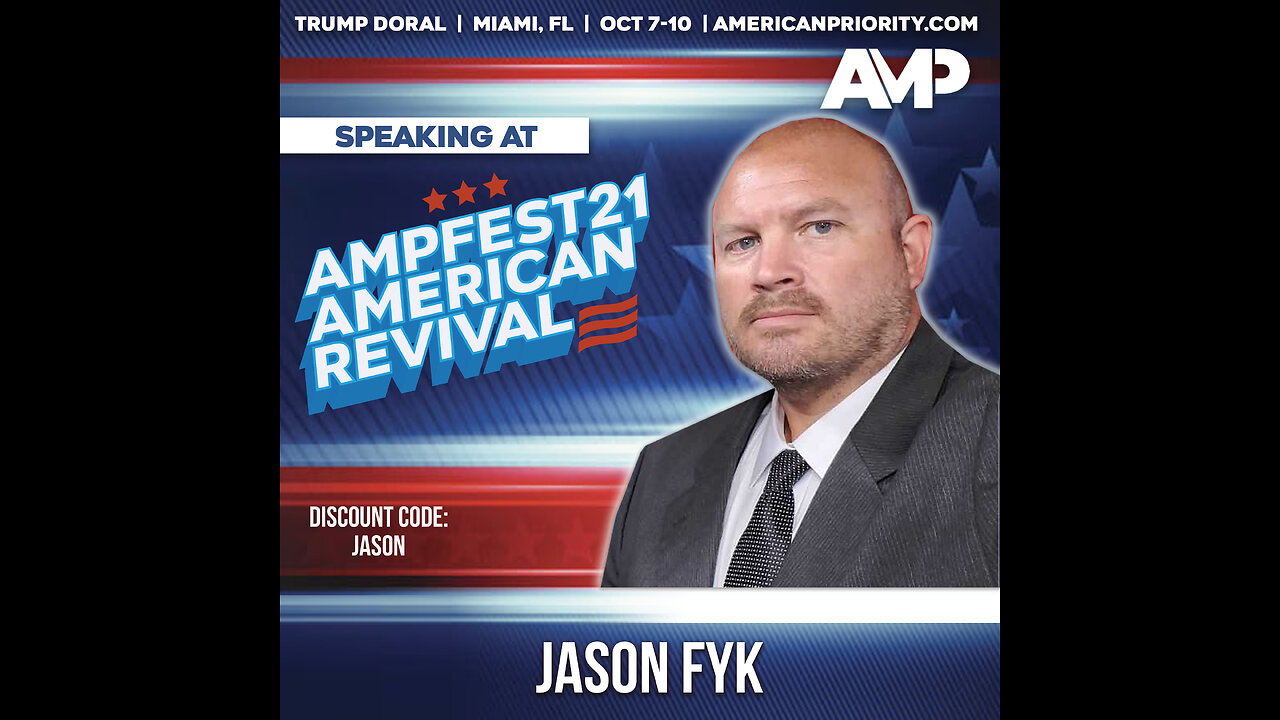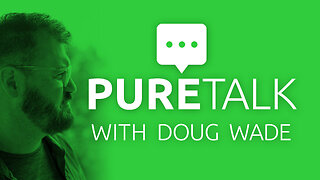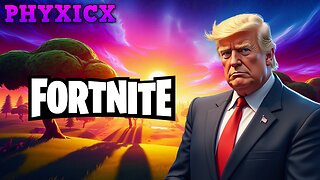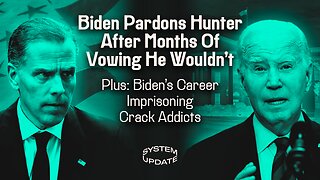Premium Only Content

AmpFest 2021 - Jason Fyk Explains the dangers of violating Section 230
The Online Freedom Act (OFA) is co-authored by David Morgan (a concerned citizen) and Jason Fyk (actively involved in Section 230 litigation and a concerned citizen). The OFA resolves every known problem that can be fixed within Section 230, at least constitutionally.
Fundamentally, Section 230 is a statutory delegation of regulatory authority granted to private entities.
An initial fact that must be considered is there is no legislation that can be enacted that will stop all online censorship or compel a website to host unwanted content!
However, the OFA would substantially disincentivize arbitrary censorship of lawful speech by limiting civil liability protection granted by the current Section 230.
Under the OFA, Section 230(c)(2) has been converted from “or otherwise objectionable” to now read “and is otherwise unlawful” emulating the prior categories of legally regulated speech (e.g., obscene, lewd, lascivious, filthy, excessively violent, harassing).
The OFA addresses the courts misapplication of 230(c)(1) which has rendered the “Good Faith” provisions of 230(c)(2) entirely superfluous. In a 2020 review of more than 500 Section 230 decisions over two decades, the Internet Association found only 19 that involved Section (c)(2).
In practice, “Good Faith” (c)(2) is not even being considered in content moderation cases. The Online Freedom Act clarifies the ambiguity of the statute and realigns it with Congress’ original purpose and function.
Another major concern with Section 230 is a Service Provider’s arbitrary and often self-motivated discretion. Self-interested private corporations are not subject to the same qualifications, procedural safeguards and legislative or judicial oversight that a public commission would normally be subjected to if it was delegated similar statutory authority.
The Online freedom Act establishes procedural safeguards in the form of a new obligations section. These obligations are voluntary by design but required if the platform seeks to maintain its liability protection. Put simply, if the provider or user wants protection, it must voluntarily act accordingly.
Section 230’s ambiguity has been exploited by big tech companies, at the detriment to all users, and the courts have been largely unable to control their actions. The Online Freedom Act reigns in their inconsistent behavior and offers protection in the strictest of circumstances.
The problem is clear – speech is precious – bold action is needed. Are you bold enough to act or are you afraid.
-
 6:33
6:33
PureSocialTV
1 year agoPureTalk - Interview With Joe Knopp
99 -
 4:44:07
4:44:07
RECON-RAT Guns & Gaming
1 day ago $22.53 earnedRECON-RAT - Insurgency Sandstorm! - Contact Front!
70.3K4 -
 10:19:00
10:19:00
Phyxicx
11 hours agoFortnite/Rocket League Teams! - 12/3/2024
35K3 -
 1:30:14
1:30:14
barstoolsports
15 hours agoBarstool Coworkers Compete For Largest Cash Prize Yet | Surviving Barstool S4 Ep. 1
271K19 -
 10:17:12
10:17:12
SpartakusLIVE
11 hours agoMy BICEPS are NOT photoshopped
88.8K4 -
 1:15:26
1:15:26
Kim Iversen
12 hours agoFinal House COVID-19 Report: Claims Vaccines Were A Disaster But Operation Warp Speed Was a Success...
76.7K120 -
 1:14:19
1:14:19
The Anthony Rogers Show
14 hours agoEpisode 248 - Light Language & Intergalactic Gifts In The Higher Realms
71.2K7 -
 2:38:12
2:38:12
Tundra Gaming Live
10 hours ago $4.69 earnedThe Worlds Okayest War Thunder Stream
48.4K1 -
 10:57
10:57
Tactical Advisor
13 hours agoNEW Compact Echelon | Springfield 4.0 C (FIRST LOOK)
80.3K1 -
 1:23:56
1:23:56
Glenn Greenwald
13 hours agoBiden Pardons Hunter After Months Of Vowing He Wouldn't; Plus: Biden's Career Imprisoning Crack Addicts | SYSTEM UPDATE #374
138K140